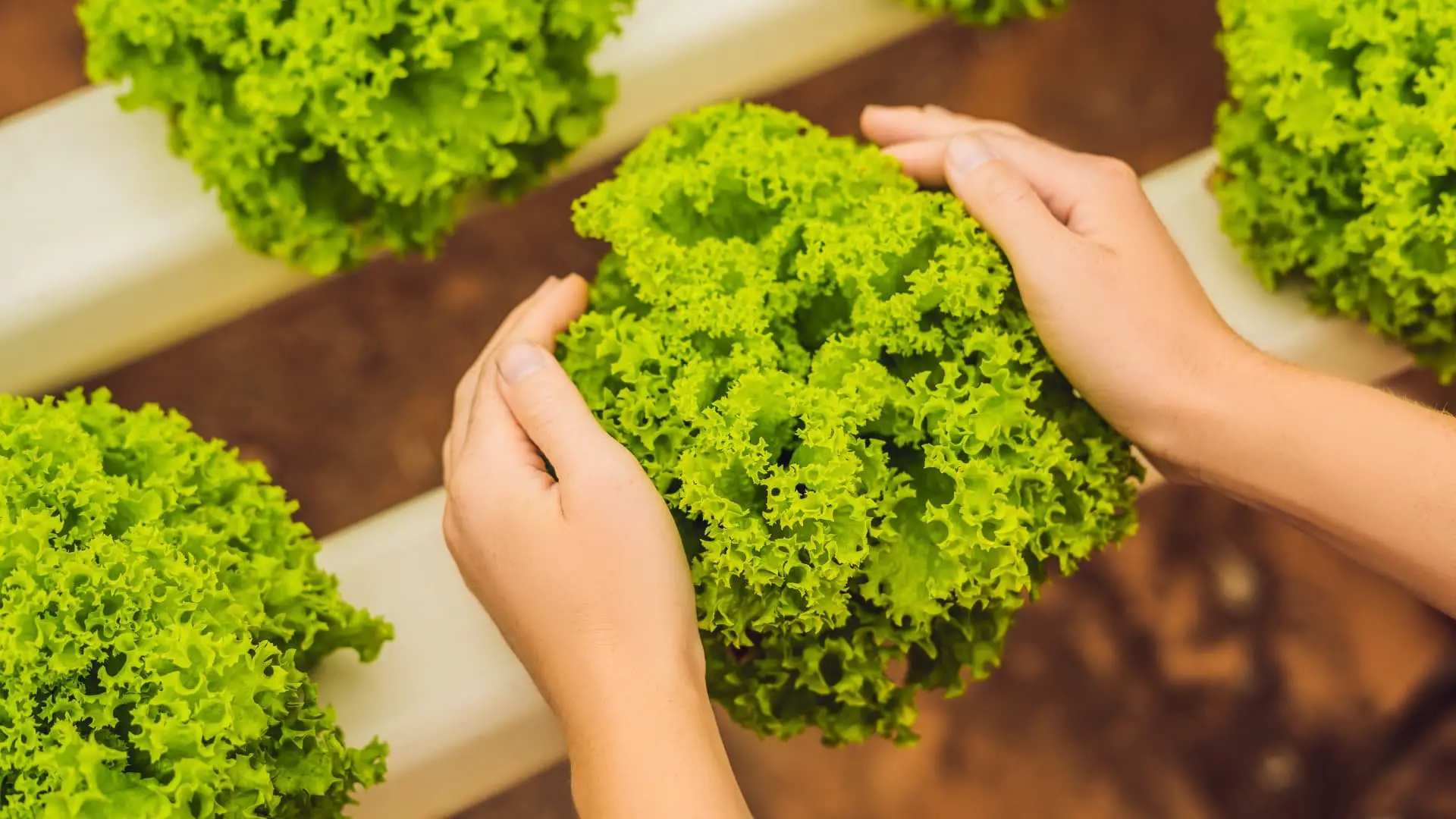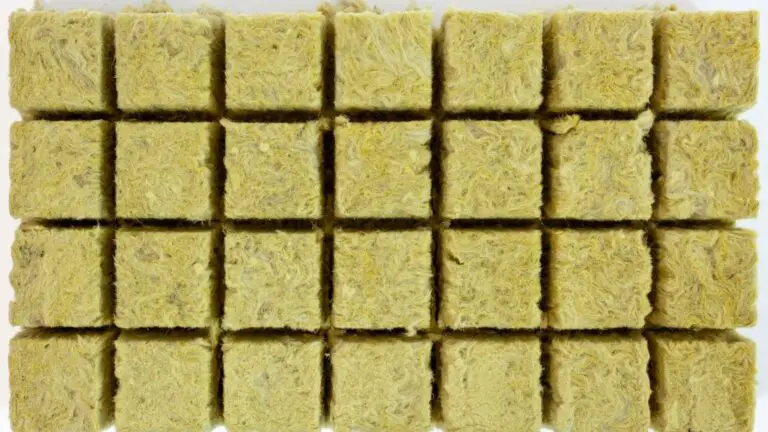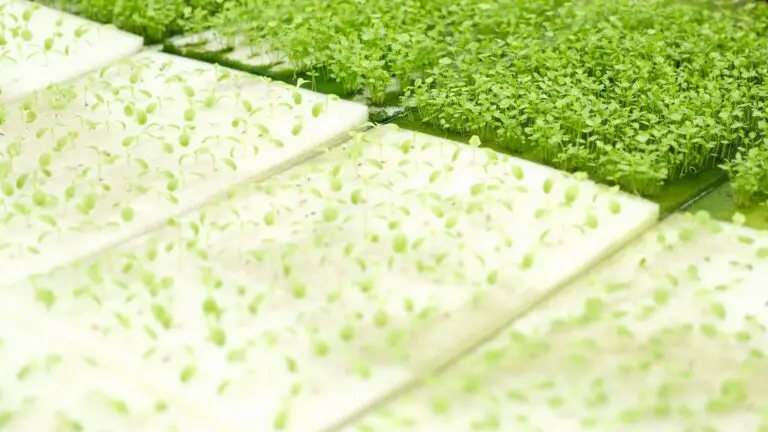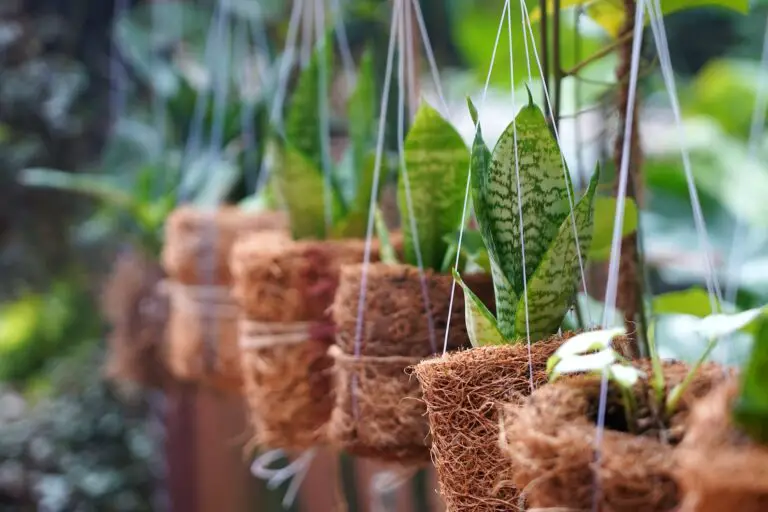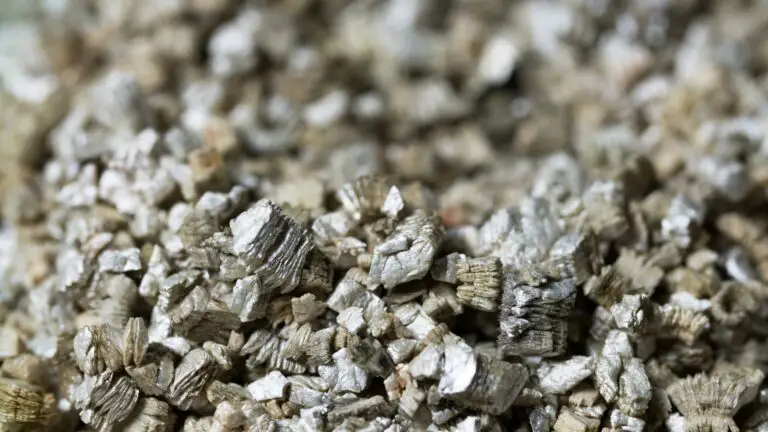12 Top Benefits of Rockwool in Hydroponic Systems
Disclosure: Your purchases through our links may earn us a small commission, supporting our site’s ability to provide valuable information to our readers. Rest assured, it won’t impact your price. Thank you for your support.
Have you ever wondered what it would be like to plant a garden without soil? Hydroponics is the method that allows us to do just this! With hydroponic systems, plants don’t need dirt for them to survive. There are many advantages of using such as faster growth rates and energy conservation than conventional gardening methods. So give your home-grown produce an upgrade today by giving these eco-friendly techniques a try!
This blog article will look at Rockwool, its advantages, and its significance in hydroponics.
Let’s get started!
What Does Rockwool Do?
Rockwool is a hydroponic medium and has many benefits for growers. It’s a great way to get your routine fruits and vegetables, and it’s a fun hobby that can save you money on groceries. Growing your food is also a great way to increase the freshness and purity of what you’re eating.
It is based on the submerged roots of hydroponic plants being aerated and fed with water, allowing them to absorb nutrients through their root systems.
There Are Many Different Types of Rockwool on the Market.
There are three distinct Rockwool types on the market: cube, slab, and granulated Rockwool. Choose the best type for your plant.
Related: How to Choose the Best Rockwool for Your Hydroponic
Cube Rockwool is the most common type of hydroponic growing medium. Rockwool cubes are inexpensive and easy to handle. Still, the downside is that you need to be careful not to damage them when transplanting plants from one system to another or from root tubs into Rockwool cubes.
Slab Rockwool is suitable for plants that need a lot of oxygen. The slabs are an option that is larger than the cubes and can provide more oxygenation for the roots. Slab Rockwool is more expensive than cubes but will save time and money for the grower as plants mature.
Granulated Rockwool requires replacement regularly. It may be used alone in pots or combined with organic mixes. It is necessary to hydrate granulated Rockwool before putting it into a hydroponic system because dry Rockwool might burn plant roots.
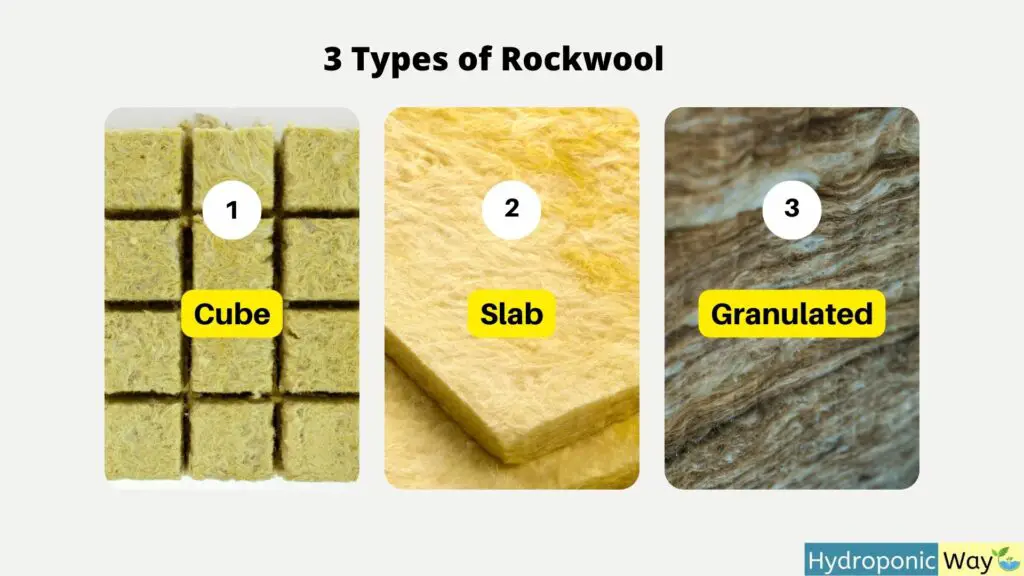
The Following Are the 12 Advantages of Using Rockwool in Hydroponic.
The advantages of utilizing Rockwool in hydroponics are as follows:
- Rockwool makes it easy to grow fresh produce all year round in any climate.
- Rockwool can be used in hydroponic systems for plants at any growth stage, from germination to harvest!
- You’ll spend less time watering your plants and enjoy them more time! Rockwool has the ability to retain water for an extended period.
- The rock mineral helps regulate pH levels in hydroponic systems, making it an important substrate for growers.
- Rockwool helps create better airflow due to its high oxygen retention rate., which increases nutrient levels in the water supply.
- Rockwool can hold heat very well, making it ideal for systems that rely on temperature-sensitive nutrients.
- Rockwool is a lightweight substrate, making it easy to work with and transport.
- Rockwool is a natural rock mineral that can be reused and recycled.
- Rockwool provides a rock-solid start to your seeds because it germinates faster than soil. It will not decompose or break down over time like other hydroponic media such as coco coir.
- Rockwool does not break down or release ammonia into the air like other hydroponic media and is non-toxic!
- Rockwool is a sterile medium and does not introduce any outside objects or organisms into the hydroponic system.
- Rockwool provides an excellent environment for roots to grow due to its high porosity.
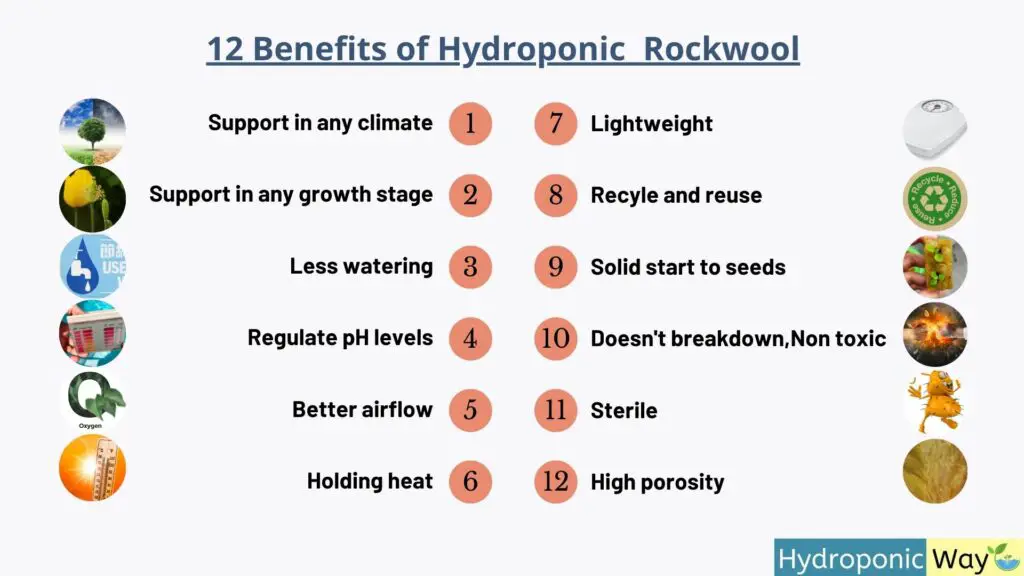
What Influences the Germination in Rockwool
Many factors influence the development of germination in Rockwool. They can be categorized into two as inside and outside. The plant type, seed age, seed health, and the viability of the seeds are influenced internally. The water quality, Rockwool type, PH level, and environmental conditions affect the growth from outside.
Related:
4 Internal Factors Affecting Germination in Hydroponic Rockwool
How to Increase the Germination Rate in Hydroponic Rockwool.
Grow Your Garden
The ability to grow your garden is a skill that can be learned and mastered. It’s easy, accessible for any lifestyle, and it provides the perfect escape from reality when you need some peace of mind.
Rockwool has been an integral part of allowing people worldwide to take advantage of this hobby with a safe, sustainable medium that promotes root development while retaining water better than most other media types.
With the different types available on the market (cube Rockwool being the most common), there should be something out there for every gardener looking to give hydroponics a try!
It’s time to learn about Rockwool or any other hydroponic medium if you want to start growing your plants or add more kinds than you currently have.
Thank you for reading!
Also, read: 7 Low-Cost Alternatives to Rockwool
If you are looking to buy Rockwool for your indoor or outdoor garden click this link to select the best one suited for you.

